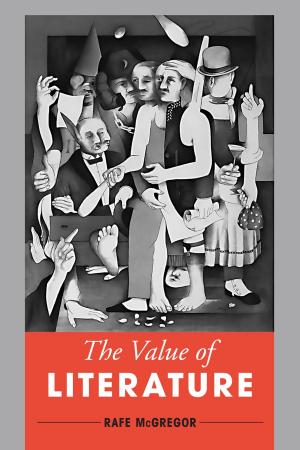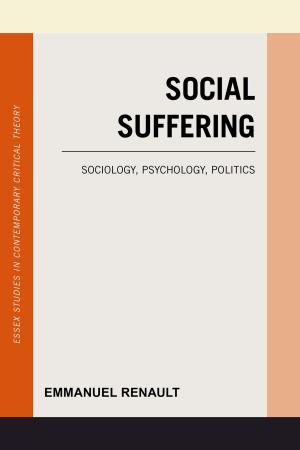The Beautiful Animal
Sincerity, Charm, and the Fossilised Dialectic
Nonfiction, Religion & Spirituality, Philosophy, Ethics & Moral Philosophy| Author: | Michael Lewis | ISBN: | 9781786607560 |
| Publisher: | Rowman & Littlefield International | Publication: | June 20, 2018 |
| Imprint: | Rowman & Littlefield International | Language: | English |
| Author: | Michael Lewis |
| ISBN: | 9781786607560 |
| Publisher: | Rowman & Littlefield International |
| Publication: | June 20, 2018 |
| Imprint: | Rowman & Littlefield International |
| Language: | English |
Can philosophy conceive of a perfect animal? Can it think of the animal as anything other than an imperfect human? The book attempts to rethink the Hegelian dialectic so as to render it capable of assigning a proper place to the animal, and in particular the beautiful animal, and to rework the philosophy of nature so as to encompass the fossil. The fossil itself teaches philosophy and in particular the dialectic how it must modify itself in order to encompass the beautiful animal, in the form of what we term the fossilised dialectic, resistant to the spiritualisation which will always leave the animal behind.
If philosophy can admit the animal in this way, we might then ask what philosophy can learn from this animal that will have taken up residence in its home? What does a specifically domestic animal teach us? At the very least, it shows us that the function we give to the furnishings of the house is not the only one and perhaps therefore that there is no single unique function. In this way, animals teach us the most philosophical lesson there is: to see the world as it is in itself.
Can philosophy conceive of a perfect animal? Can it think of the animal as anything other than an imperfect human? The book attempts to rethink the Hegelian dialectic so as to render it capable of assigning a proper place to the animal, and in particular the beautiful animal, and to rework the philosophy of nature so as to encompass the fossil. The fossil itself teaches philosophy and in particular the dialectic how it must modify itself in order to encompass the beautiful animal, in the form of what we term the fossilised dialectic, resistant to the spiritualisation which will always leave the animal behind.
If philosophy can admit the animal in this way, we might then ask what philosophy can learn from this animal that will have taken up residence in its home? What does a specifically domestic animal teach us? At the very least, it shows us that the function we give to the furnishings of the house is not the only one and perhaps therefore that there is no single unique function. In this way, animals teach us the most philosophical lesson there is: to see the world as it is in itself.















